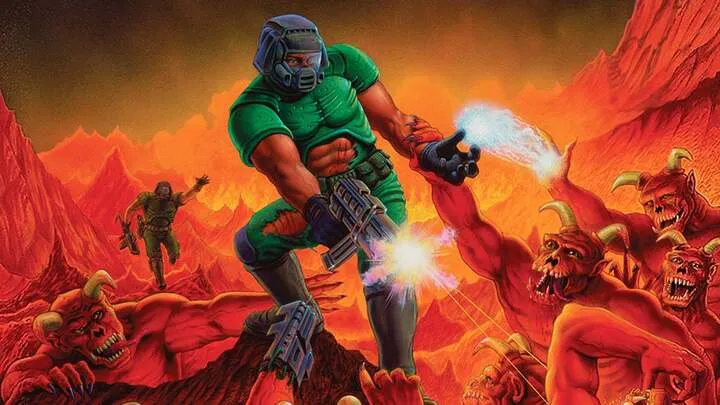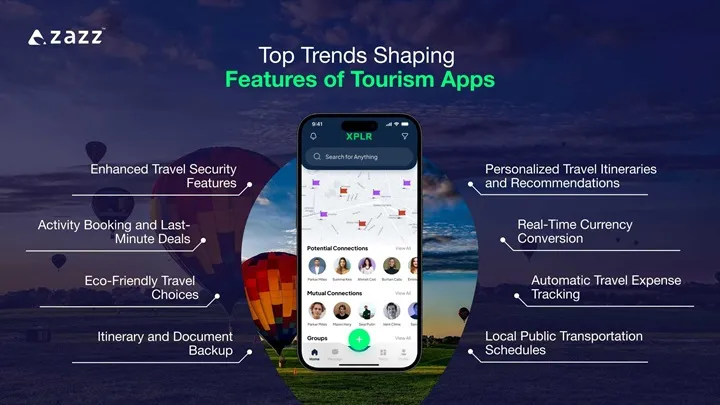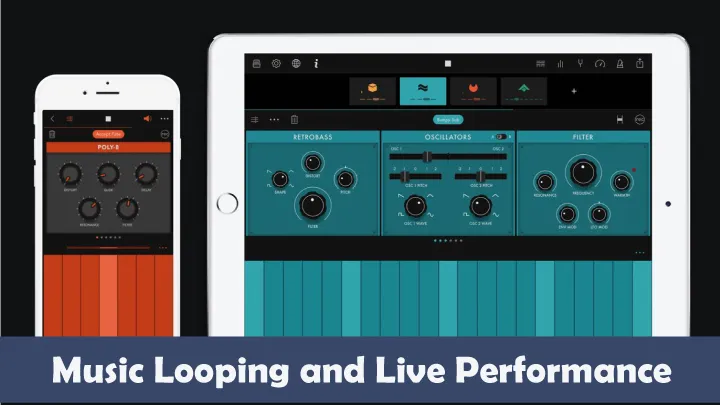Introduction: The Evolution of the Shooter
Shooter games have long been the beating heart of modern gaming, combining fast reflexes, tactical decision-making, and immersive worlds filled with action. From the early pixelated battlefields of the 1990s to the massive multiplayer arenas of today, shooters have continuously redefined what it means to engage players with adrenaline-pumping experiences. They’ve grown beyond simple gunplay, becoming vessels for storytelling, strategy, community, and even esports dominance.
In this article, we’ll explore ten shooter games that didn’t just succeed commercially—they redefined the genre. Each of these titles brought something revolutionary, whether it was groundbreaking mechanics, innovative storytelling, or the ability to build communities that still thrive today.
1. Doom (1993): The Father of FPS
When it comes to shooter games, it all begins with Doom. Released in 1993, Doom laid the groundwork for the modern FPS, setting the stage for decades of innovation. It introduced players to fast-paced, first-person gunplay with a level of intensity never seen before. Players navigated labyrinthine maps, blasting demons with iconic weapons like the shotgun and BFG.
Perhaps Doom’s greatest contribution was its introduction of deathmatch multiplayer, which would become a cornerstone of the genre. It was one of the first times players could test their skills directly against each other in real time. Doom’s legacy still resonates today, with countless reboots, mods, and fan projects keeping it alive. It didn’t just redefine shooters—it created them.
2. Counter-Strike: Global Offensive (CS:GO)
Born from a Half-Life mod in 1999, Counter-Strike evolved into CS:GO, a global esports phenomenon that continues to dominate competitive gaming. Unlike the run-and-gun nature of Doom or Quake, CS:GO emphasized precision, teamwork, and strategy. Every round was high stakes, with players managing economy, map control, and coordinated execution.
CS:GO became a cornerstone of esports, drawing millions of viewers worldwide. Its professional scene remains one of the most prestigious in gaming, with legendary players and teams carving their names into history. CS:GO didn’t just redefine shooters—it redefined competitive gaming itself.
3. Call of Duty 4: Modern Warfare
In 2007, Call of Duty 4: Modern Warfare reshaped shooters by blending cinematic storytelling with addictive multiplayer progression. Its campaign pushed the boundaries of storytelling in shooters, offering gritty realism, shocking plot twists, and unforgettable missions like “All Ghillied Up.”
Its biggest impact, however, came from its multiplayer. The introduction of custom loadouts, killstreaks, and XP-based progression created a template nearly every modern shooter still uses today. Modern Warfare wasn’t just a game—it was a blueprint for the future.
4. Halo: Combat Evolved
When Halo: Combat Evolved launched in 2001, it changed the way shooters worked on consoles forever. Before Halo, first-person shooters were considered a PC-only domain. Halo’s tight controls, innovative two-weapon system, and vehicle combat proved shooters could thrive on consoles.
Halo also popularized local multiplayer through LAN parties and later became one of the flagship titles for Xbox Live, laying the foundation for console online gaming. Halo wasn’t just a shooter—it was a cultural revolution.
5. Overwatch
Blizzard’s Overwatch, released in 2016, introduced the concept of the hero shooter, combining FPS mechanics with MOBA-style characters and team roles. Instead of faceless soldiers, Overwatch gave us a cast of heroes with unique abilities and personalities. Players didn’t just pick a gun—they picked a role in the team dynamic.
Victory in Overwatch required coordination, strategy, and balance. It created a new subgenre, inspiring countless imitators and evolving the competitive scene. Overwatch redefined shooters by proving they could be colorful, character-driven, and still highly competitive.
6. Apex Legends
In 2019, Apex Legends reimagined the battle royale formula, introducing innovations that made it stand out in a crowded genre. The revolutionary ping system allowed players to communicate effectively without voice chat, an accessibility feature now standard across shooters.
Borrowing from Titanfall’s mechanics, Apex offered sliding, climbing, and fast-paced mobility that created thrilling firefights and dynamic gameplay. Apex showed that innovation in design can keep the genre fresh, even when dominated by giants like Fortnite and PUBG.
7. Half-Life 2
Valve’s Half-Life 2, released in 2004, wasn’t just a shooter—it was an immersive narrative experience that blurred the line between action and storytelling. The introduction of the Gravity Gun allowed players to interact with the environment in revolutionary ways, turning physics into a core gameplay mechanic.
Half-Life 2 didn’t rely on cutscenes. Instead, it wove its story into the environment and gameplay, pioneering the concept of environmental storytelling. It remains one of the most critically acclaimed games ever, influencing not just shooters but all narrative-driven games.
8. Battlefield 1
Released in 2016, Battlefield 1 stood out by exploring World War I, a rarely touched setting in gaming. It emphasized massive battles with destructible environments, vehicles, and dynamic weather that altered the course of combat.
It balanced historical realism with gameplay, delivering an immersive war experience that felt fresh compared to modern and futuristic shooters. Battlefield 1 redefined shooters by proving that history still had untapped potential.
9. Rainbow Six Siege
Ubisoft’s Rainbow Six Siege, launched in 2015, transformed shooters into a chess match of strategy, patience, and precision. The destructible environments made every round dynamic. Walls, floors, and ceilings could be breached, creating endless tactical possibilities.
Like Overwatch, Siege gave players unique operators, each with specialized tools and abilities, creating layered gameplay where preparation was as important as execution. Siege redefined shooters by focusing on tactics over speed, rewarding brains as much as reflexes.
10. Destiny 2
Bungie’s Destiny 2 combined FPS gunplay with MMO-style progression, creating a unique hybrid that continues to thrive years after release. It is often praised for its crisp, satisfying shooting mechanics, a Bungie hallmark carried over from Halo.
With raids, strikes, and seasonal content, Destiny 2 blurred the lines between MMO and shooter, fostering a dedicated community of Guardians. Destiny 2 redefined shooters by proving that persistent online worlds could coexist with tight gunplay.
Conclusion: The Ever-Evolving Shooter
From Doom’s demon-slaying corridors to Destiny 2’s interstellar raids, shooters have continuously evolved, pushing boundaries and setting new standards. Each of the games we’ve covered not only entertained millions but also introduced innovations that shaped the entire genre.
The future of shooters promises even more evolution, with emerging technologies like VR, cross-platform play, and AI-driven design set to redefine what it means to pull the trigger. But one thing is certain: shooters will always remain at the core of gaming’s most thrilling experiences.

















